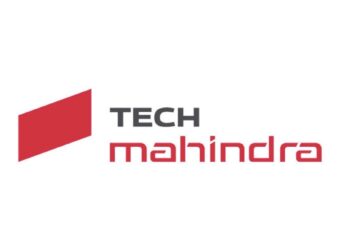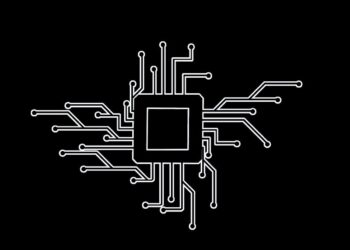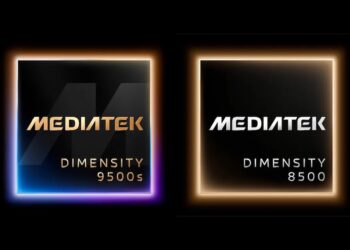IBM joined with major industry players Vodafone, VW’s SEAT, KONE and Mitsufuji to highlight ways that the convergence of 5G, cloud computing and artificial intelligence are beginning to transform businesses and lives around the world.
Cloud and high-speed connectivity help companies tap a plethora of powerful IT services such as AI, augmented reality and blockchain provide highly-contextualized and personalized experiences for customers and employees.
But with the average company using up to 15 clouds and multiple types of AI, getting everything working together in a secure and optimised way is a major obstacle.
IBM and Vodafone last month signed a landmark $550M partnership to address this challenge by bringing together connectivity, cloud and AI technologies to help companies remove complexity from their digital transformations.
“IBM’s partnerships with global telco companies like Vodafone will help speed up the deployment of 5G and provide easier access to new technologies such as AI, blockchain, edge computing and IoT,” said Michael Valocchi, IBM General Manager of the new venture with Vodafone. “This is because the promise of 5G doesn’t just depend on fiber, spectrum and gadgets, but on advanced levels of integration, automation, optimization and security across the ever more complex IT systems that companies are building in a bid to transform.”
Greg Hyttenrauch, Co-leader of the new venture for Vodafone Business, explains that “by providing the open cloud, connectivity and portable AI technologies that companies need to manage data, workloads and processes across the breadth of their IT systems, Vodafone and IBM are helping to drive innovation and transform user experiences across multiple industries – from retail to agriculture.”
SEAT, a member of the Volkswagen Group and one of Europe’s leading auto manufacturers, is using IBM Cloud and Watson AI technology combined with the power of high-speed 5G connectivity, to reposition itself as a mobility services provider and transform urban mobility.
“At SEAT, we are working with innovative cities and technology companies to come up with solutions to make urban mobility easier and more efficient,” said Jordi Caus, SEAT’s Head of New Urban Mobility Concepts. “IBM is helping us invent new approaches to mobility with cloud and AI that will transform our business strategy while improving the lives of people living in urban areas.”
KONE, a leading manufacturer of elevators and escalators, is tapping IBM Watson IoT solutions on the IBM Cloud to keep more than one billion people around the world on the move every day. Using IBM IoT technology, KONE is moving from reactive to proactive to predictive services.
“Our IoT technology can constantly monitor up to 200 critical parameters of a single piece of KONE equipment, bringing a totally new experience to maintenance services,” said Jean-Paul Bourgeat, KONE’s Service Director for South Europe, Middle East and Africa. “Working with IBM, KONE can now bring much more value to our customers, with services that can, for example, lead to a 25% improvement in first time fix.”
Earlier this month, IBM announced a partnership with Mitsufuji, a company in Japan that provides worker safety solutions that include connected garments, IoT technology and AI to alert workers to high-risk situations. Mitsufuji uses IBM Maximo Worker Insights and IBM’s IoT Platform to help organizations monitor worker safety, spot trends and potential problems, and react to changing environmental conditions.
“Using IBM’s advanced analytics and cloud capabilities, we can create an almost complete picture of a worker’s safety,” said Ayumu Mitera, CEO of Mitsufuji. “Wearables, smart devices and environmental sensors all produce vast amounts of data which are analysed in real-time, helping our clients to create safer working environments and us to get our innovations to market three times faster than previously.”



















